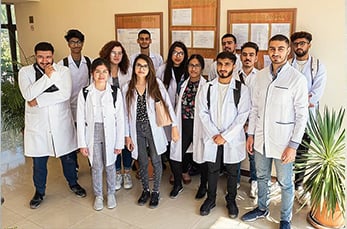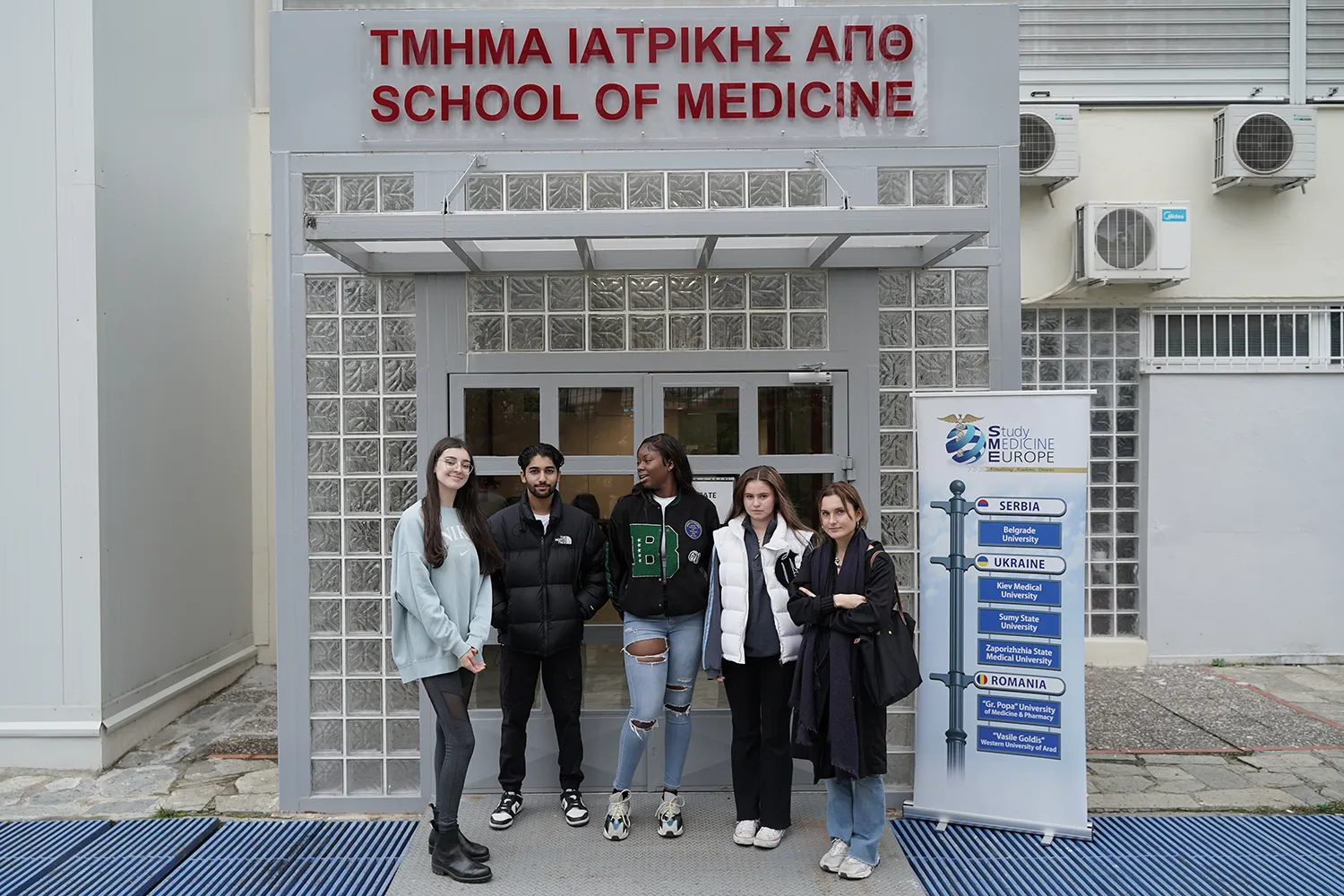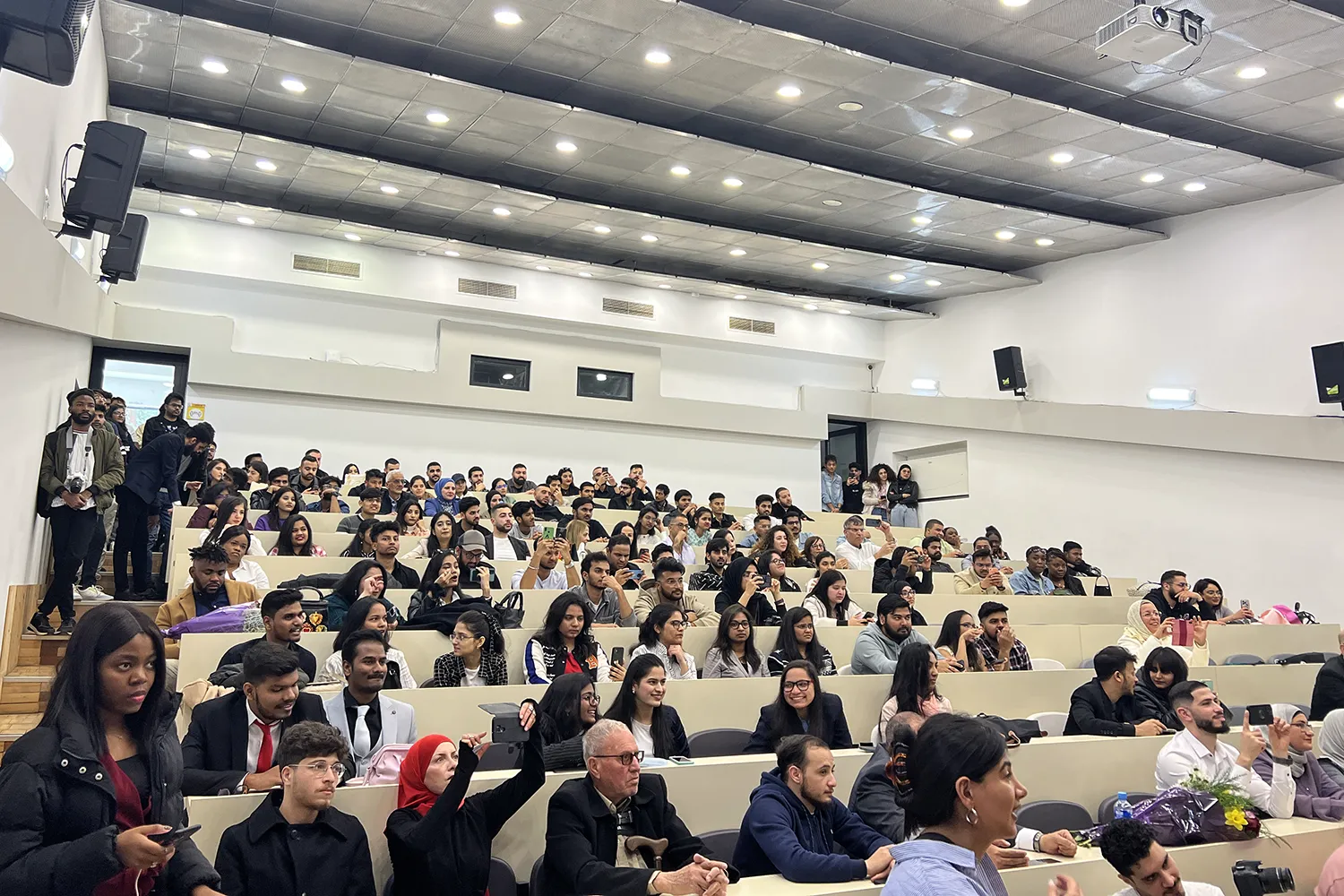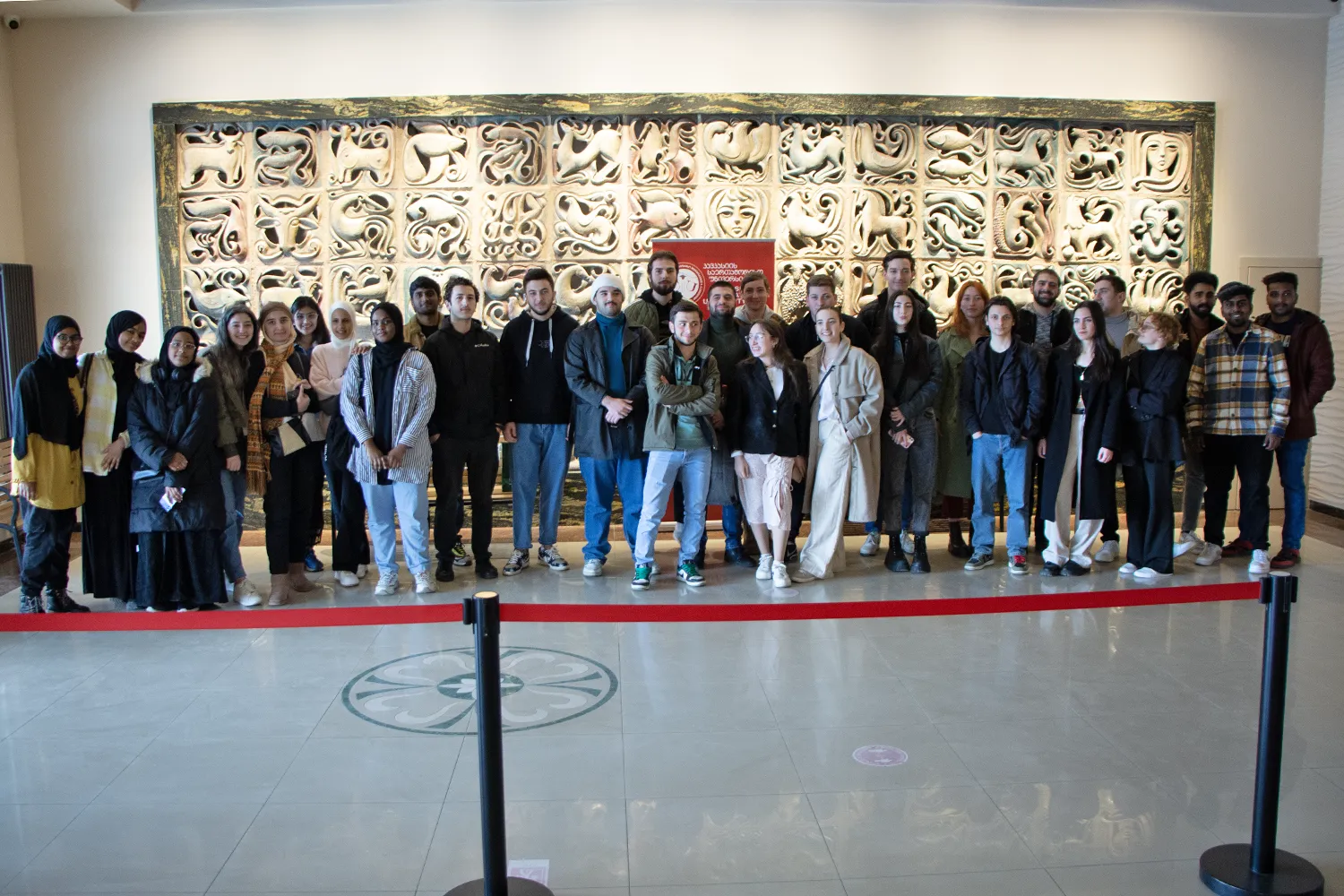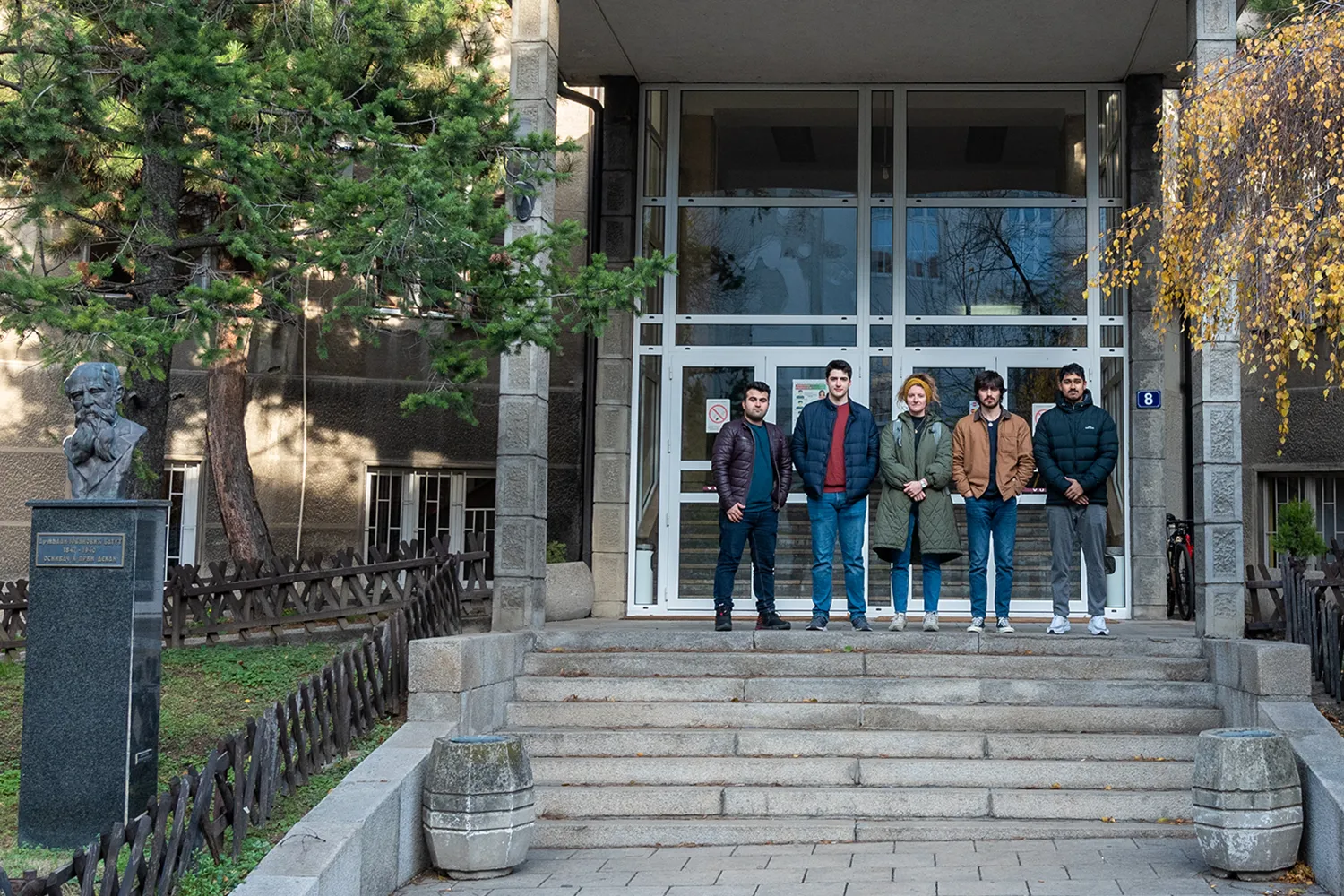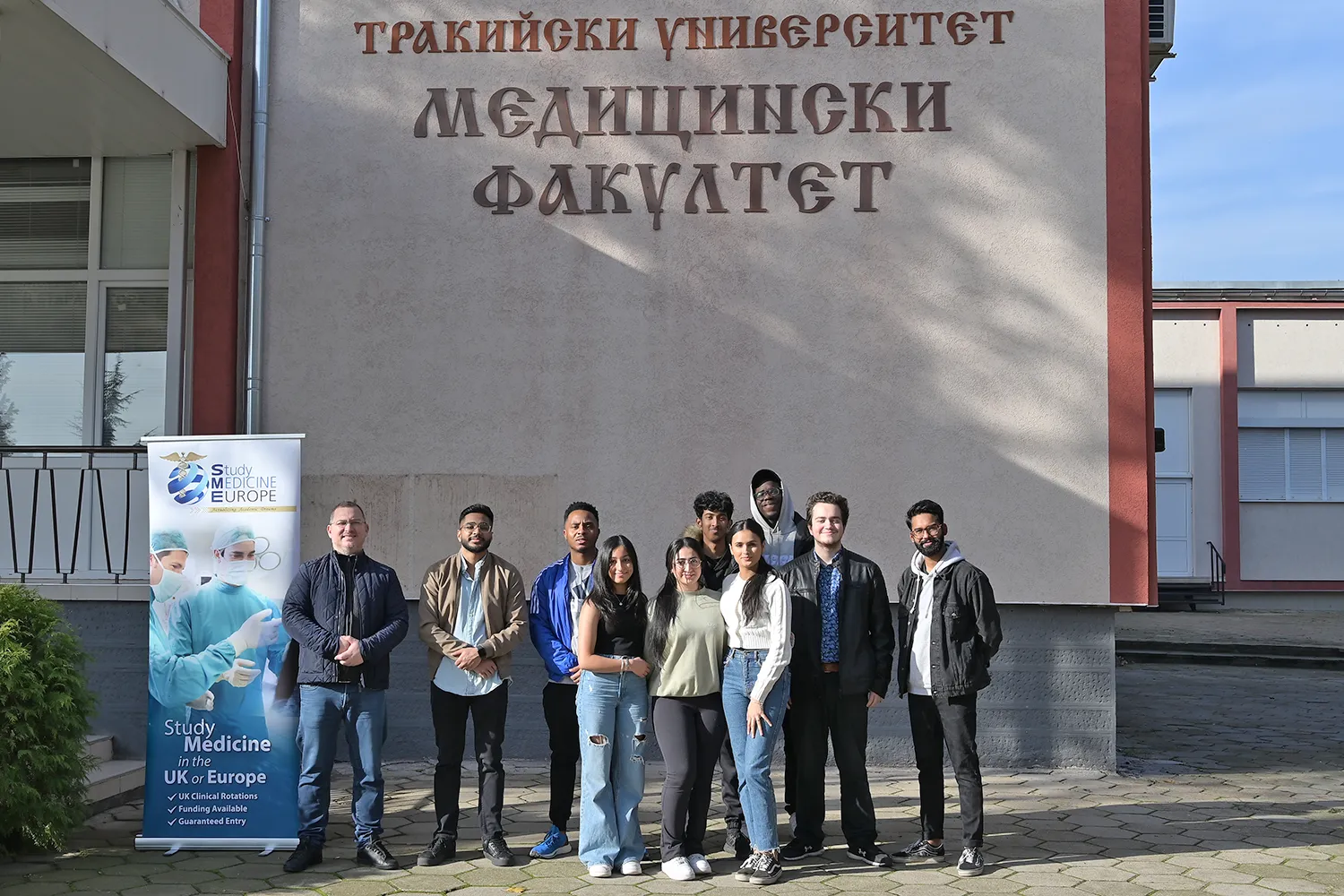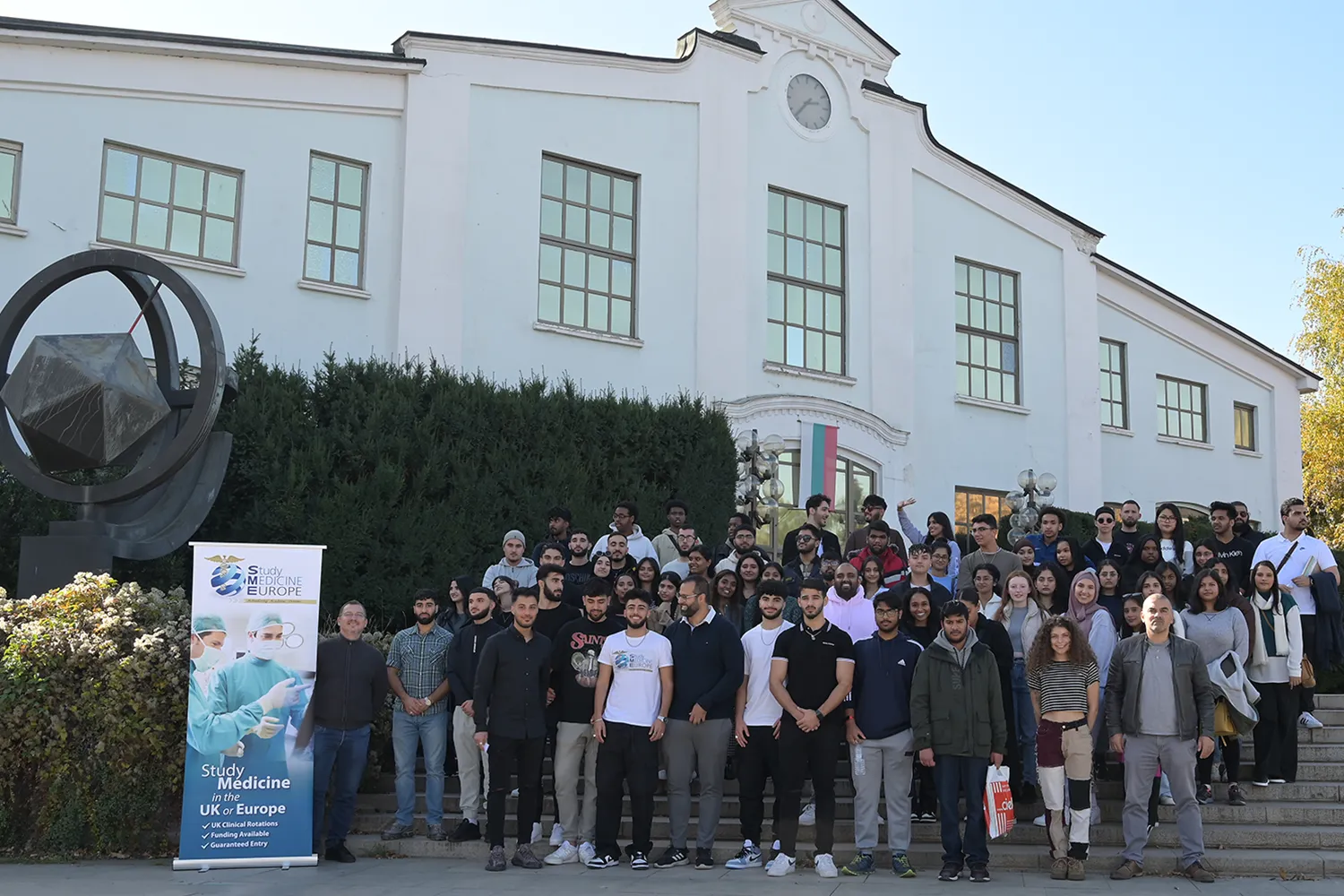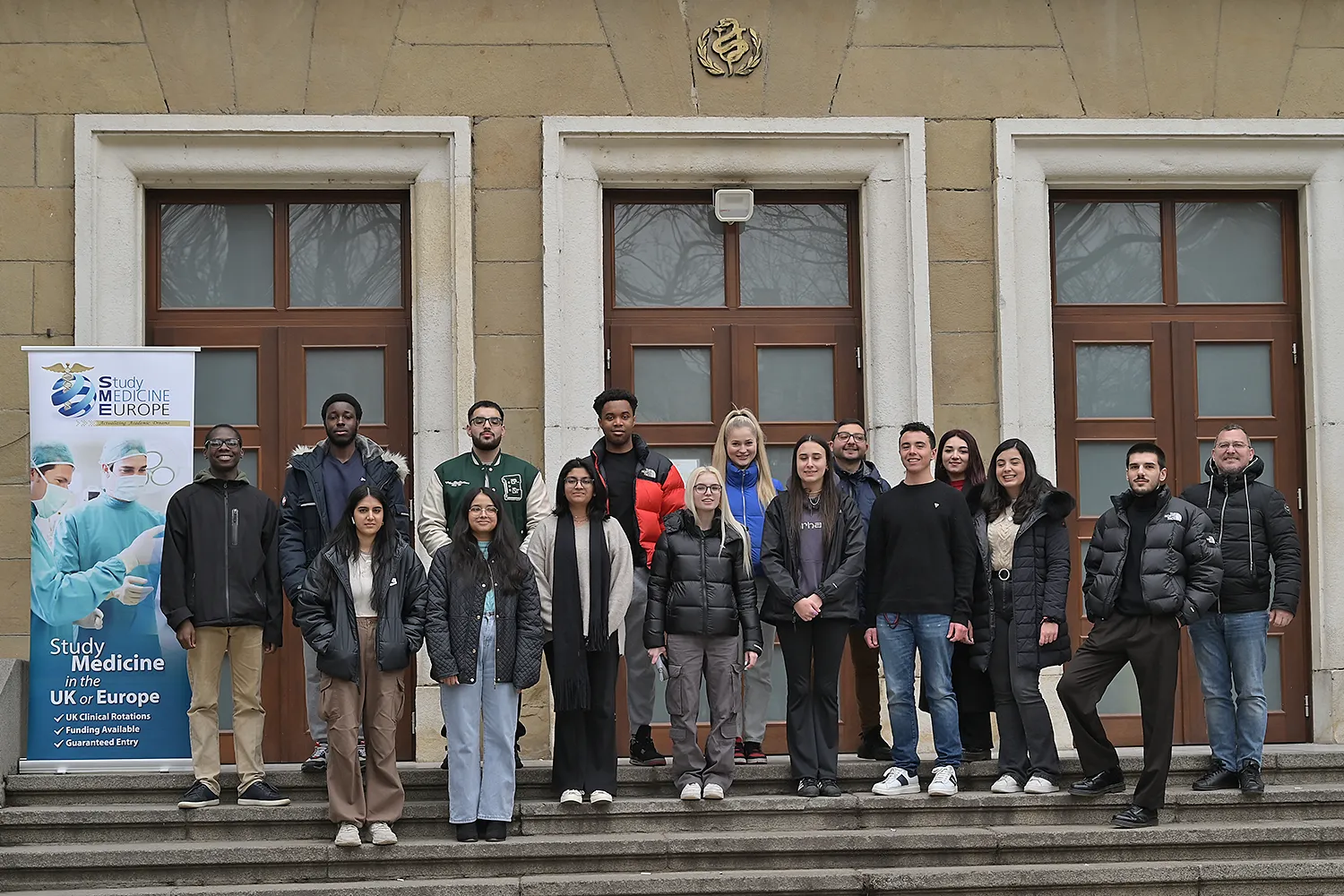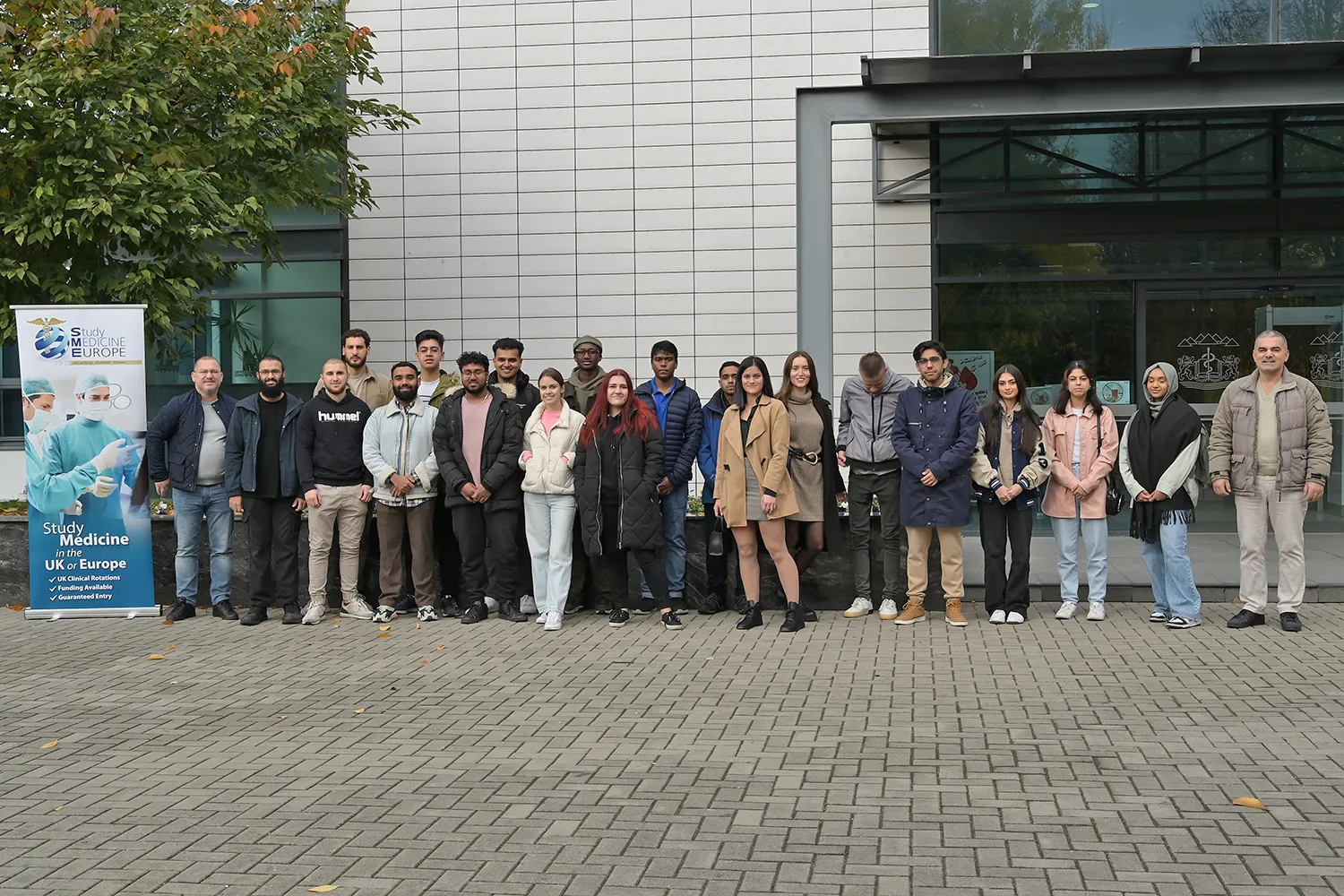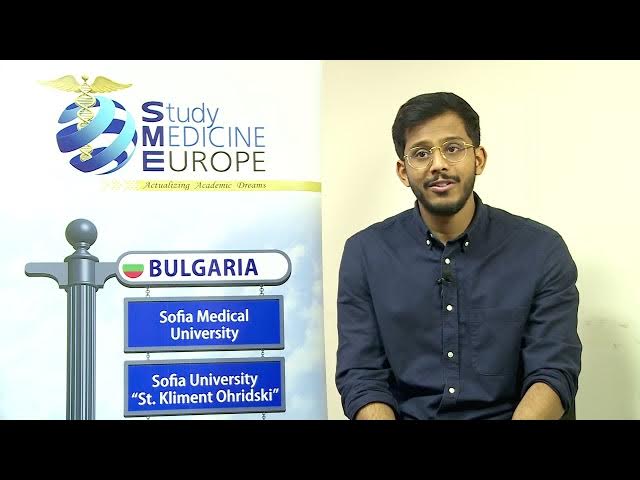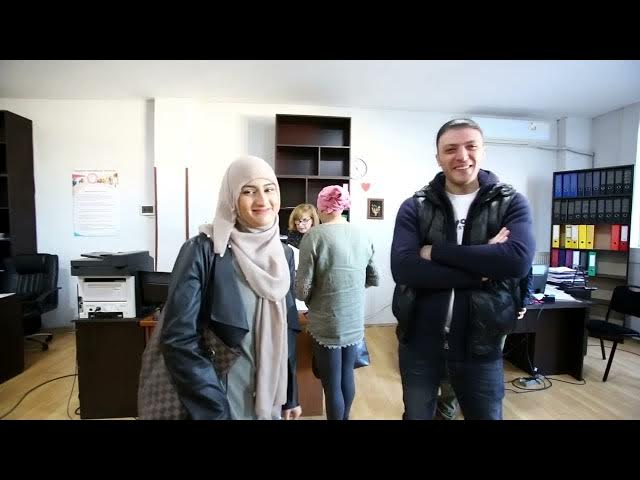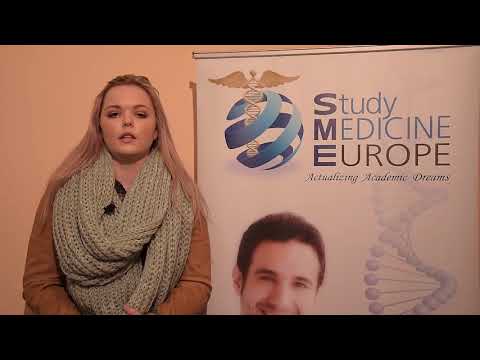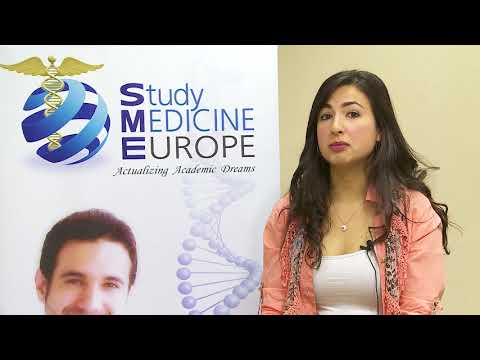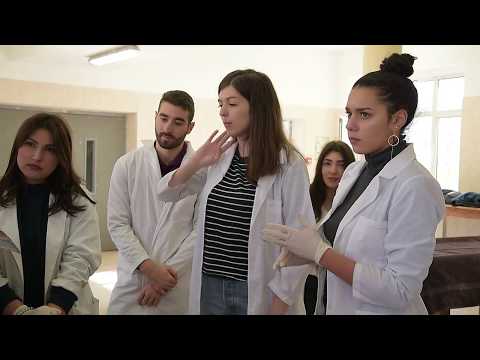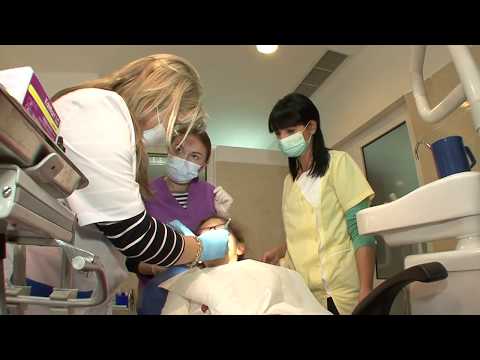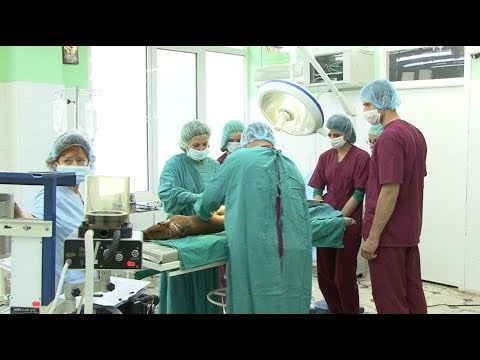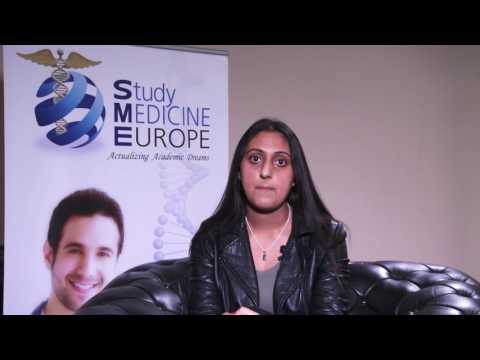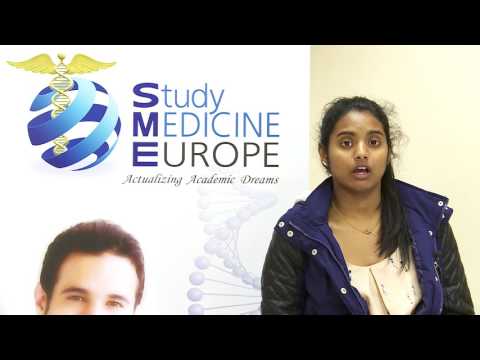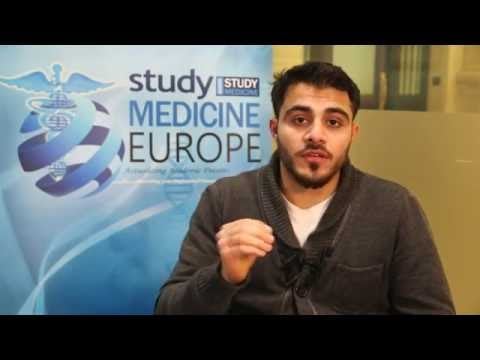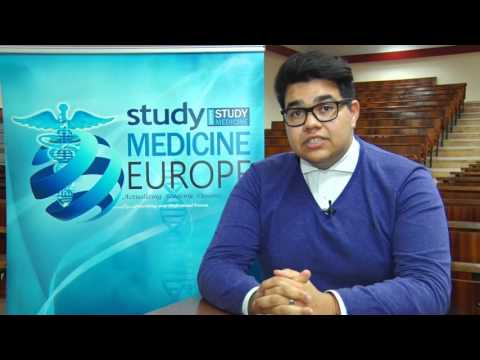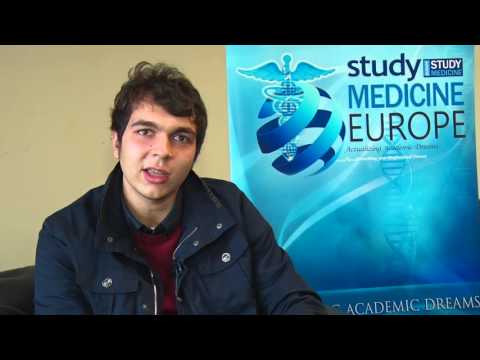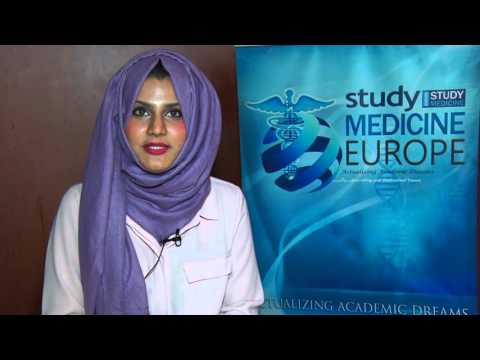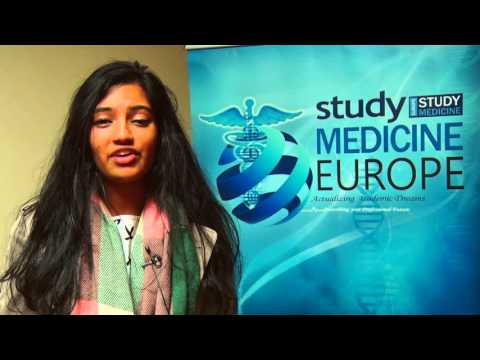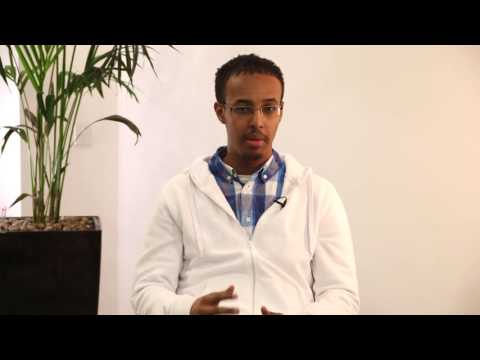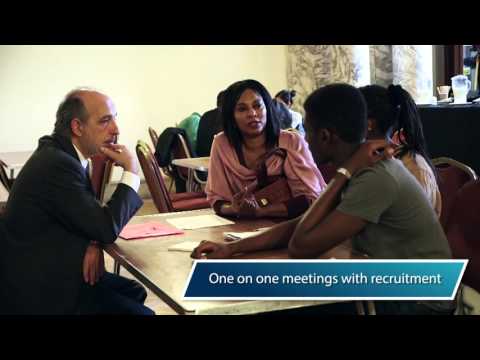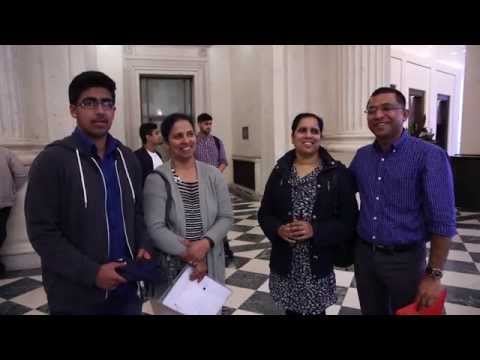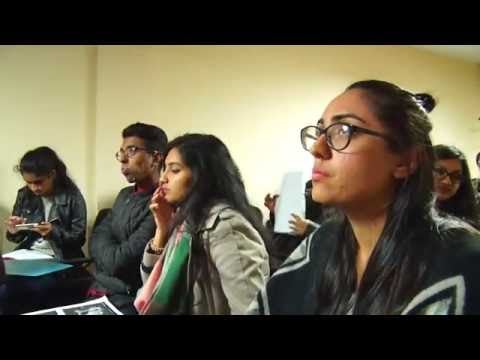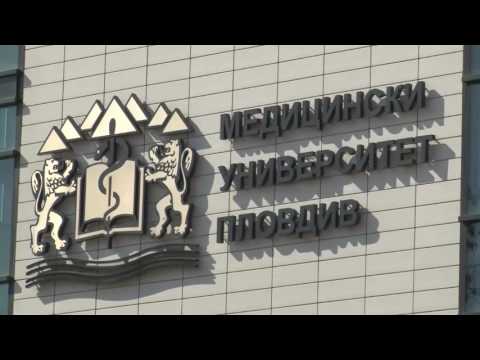Bulgaria’s higher education is outstanding, wherefore it is no coincidence that it attracts numerous foreign students from all over the world annually, be it the EU, the USA, Africa, Asia or Australia. It goes without saying that it is this high quality of education offered in Bulgarian Universities combined with the country’s affordable life that make Bulgaria a hot-spot for thousands upon thousands of students from more than 50 countries around the globe who pour into the country, besides drawing in eminent scientists, and it is this very spirit of erudite academia that has rendered the academic institutions of this small eastern European nation worthy of ranking next to, or even rivalling those of, western and northern Europe. Better yet, during the last 10 years, Bulgarian Universities offer several programs in English, French and German, besides Bulgarian.
How the Medicine Programme of Tertiary Study is Regulated in Bulgaria
Education in Bulgaria is regulated and supported by the state through The Ministry of Education, Youth & Science. Higher Education Institutions also enjoy a certain degree of autonomy, hence they are to some degree independently responsible for program design and quality assurance of the education provided. Nevertheless, the external monitoring and evaluation is the responsibility of The National Agency for Evaluation & Accreditation (NAEA). The Agency was established under The Higher Education Act as a statutory body for evaluation, accreditation and monitoring of the quality in higher education institutions and scientific organisations aimed at enhancing teaching and research in higher academic Bulgarian institutions.
What are the Medicine Institutions for Study in Bulgaria
There are four types of Higher Educational Institutions, namely Higher Education Colleges (upper-secondary, non-tertiary), Universities, Technical Universities (equivalent to Universities offering Specialised Higher Education Institutions) and Academies. To date, there are 51 accredited higher educational institutions (37 public and 14 private) across the country, offering both undergraduate and graduate level degrees.
Does the European Credit Transfer System Apply for Medicine Study in Bulgaria
Since 2003, every single Bulgarian educational institution has adopted the ECTS (European Credit Transfer System) and since 2005, upon completing their studies, graduates receive together with their Graduation Certificate a Diploma Supplement in both Bulgarian and English with the format adhering to the UNESCO and the Council of Europe specifications for any use an alumnus may deem necessary.
What is the Qualification Structure for Tertiary Students Undertaking a Medicine Programme in Bulgaria
Higher education in Bulgaria provides students with the following Degree types, listed in order of academic ascent, from lowest to highest:
- Professional Bachelor’s degree (“Profesionalen Bakalavr”) – obtained after three years of studies
- Bachelor’s degree (“Bakalavr”) – obtained after four years of studies
- Master’s degree (“Magistr”) – obtained after five or six years of studies (or one year after the acquisition of the Bachelor degree) depending on the programme
- PhD or Doctorate degree (“Doktor”) – obtained after three years of studies, only available for applicants with a Master’s degree
Can International Students Study Medicine in Bulgaria
EU and non-EU candidates can enter either the English, French or German taught undergraduate programs in Bulgarian Universities. Tuition fees range between 1,095–5,840 per year depending on the field of studies, with the majority of English, French or German taught postgraduate programs costing between 2,190–3,650 per annum.
If English is not a student’s first language, he or she will either have to sit for an English proficiency test or submit an internationally recognised certificate of competency in English or, alternatively, should they wish to do so, attend a 9-month preparatory year so as to learn or master the English language with relevant terminology to their field of study. The cost of the preparatory course ranges between 2,190–3,504. Some Universities may require further testing on various subjects (i.e. drawing for Architecture Schools, etc.).
What is the Academic Year for Students who Study Medicine in Bulgaria
The academic year for most Bulgarian universities begins around October 1 and comprises a Fall and Spring semester, spanning 30 weeks. Classes usually meet once a week for 75 minutes or for two 45-minute periods with a 15-minute break in between, while each programme has its own specifications concerning laboratory hours and theoretical application in labs and clinics.
What is the Higher Education Grading System when Students Study Medicine in Bulgaria
The main grading system used by Educational Institutions in Bulgaria employs a scale of 2 to 6, with 3 representing ‘pass’, and is included on all transcripts for conversion purposes and evaluation in conjunction with the ECTS (European Credit Transfer System). The table below gives an idea of the grading system in Bulgaria, indicative of what appears on transcripts:
| Numerical Grade | Description | Definition |
|---|---|---|
| 6 | Otlichen | Excellent |
| 5 | Mnogo dobur | Very Good |
| 4 | Dobur | Good |
| 3 | Sreden | Pass |
| 2 | Slab | Fail |
What is Student Life Like when you Study Medicine in Bulgaria
Living costs in Bulgaria are particularly low, thus extremely favourable for any foreign student wishing to live or pursue studies there. The vast majority of University hostels cost £33 per month, but Bulgarian students customarily take precedence, leaving foreign students no choice but to occupy any remaining and, often, more expensive, places, especially given the high volume of students pouring into the country, annually.
However, foreign students usually opt for private accommodation as it is still very cheap by comparison, ranging between 110–219 per month. Therefore, based on our experience, a student need not spend more than 365–438 per month in total to cover expenses that would render living as conveniently as he or she would if in their home country, with this amount of money covering expenditures for all amenities such as rent, food, water, gas, Internet services, cable TV and entertainment, among other miscellaneous expenses. Depending on the arrangements a student makes and his or her lifestyle, they can live comfortably even on a tight budget, without being deprived of any of the necessary amenities, comforts and conveniences one expects to find while studying medicine abroad.









